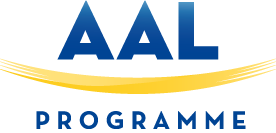Tues 14:00 – 15:30
Tuesday, September 25th
14:00 – 15:30
Workshop 5 - Joining up age-friendly smart homes and smart communities: Voices in standardisation
Theme 1
Smart technologies, appliances and services that make up a smart environment need to be interoperable, secure, usable and accessible in order to be used by older people and taken up by the market. Standards can be great drivers for achieving these requirements.
The PROGRESSIVE project is encouraging a new way of thinking about standards for digital products and services that can support active and healthy ageing. Frederic Lievens, director at Telehealth Quality Group and partner of PROGRESSIVE will be bringing his expertise in age-friendly smart homes and communities to the workshop.
Kai Schnackenberg from Hamburg Ministry of Health and Consumer Protection, Estelle Huchet, research project officer at AGE Platform Europe and Stephan Schug, chief medical officer at European Health Telematics Association will each deliver brief presentations sharing their own knowledge and insights into standards for active and assisted living.
QUICK-FIRE Q&A with FREDERIC LIEVENS
What makes the format of your session different to others?
An introductory presentation will set the scene of the use case, ‘smart home in a smart community’. An interactive breakout session will then involve the audience reflecting on existing standards and the role of standardisation in a successful market.
Following a learning-by-doing strategy, workshop participants will be encouraged to discuss and work on concrete use cases. Results will take on a plenary format discussion with the whole workshop before a wrap-up speech will summarise how AAL projects can benefit from standerdisers’ voices to access the market.
Who should attend and why?
Standards facilitate everyday life, yet for many standards are not the most exciting topic nor something they think they can or should get involved in. However, standards and standardisation ensure products and services are appropriate, safe, manageable and interoperable. They are also high on the European agenda.
You should attend if you are: Primary and secondary end users, designers, health and social care service providers, manufacturers/developers, start-ups, SMEs and large companies, system integrators and public bodies and local authorities.
What will those attending take away?
Participants can hope to define the characteristics of products, technologies and services in smart homes that address the preferences of older users; see how current AAL and smart home solutions address these issues; understand the role and importance of standardisation for AAL to market; identify areas where there is a need for standardisation with the aim of feeding information back to national standards bodies and organisations by preparing policy messages.
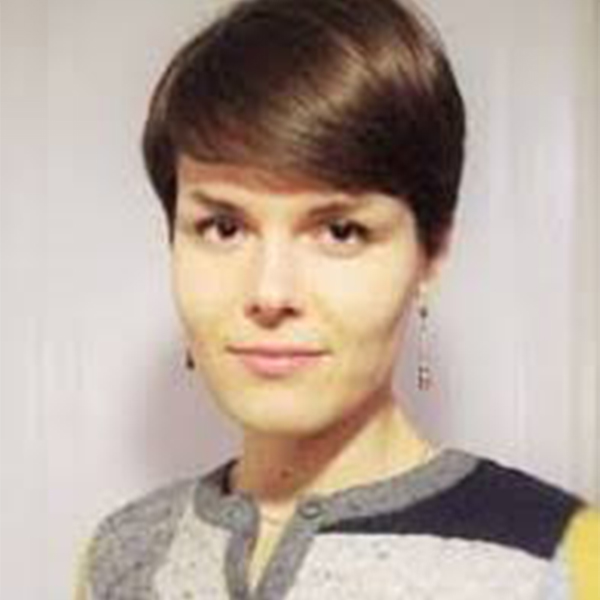
Estelle Huchet
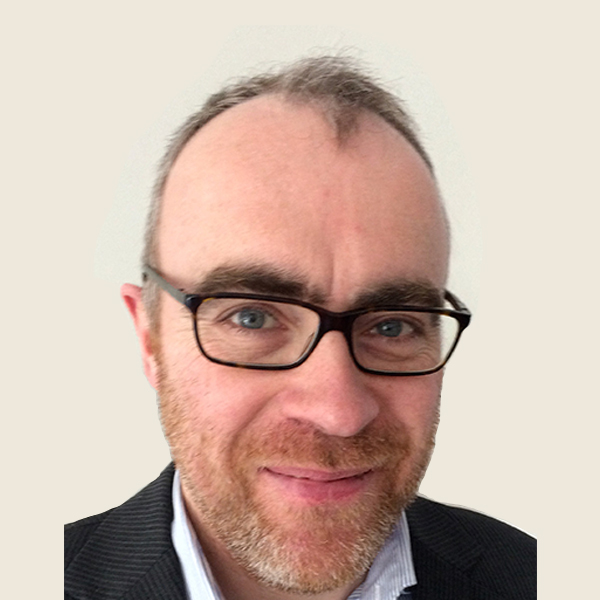
Frederic Lievens
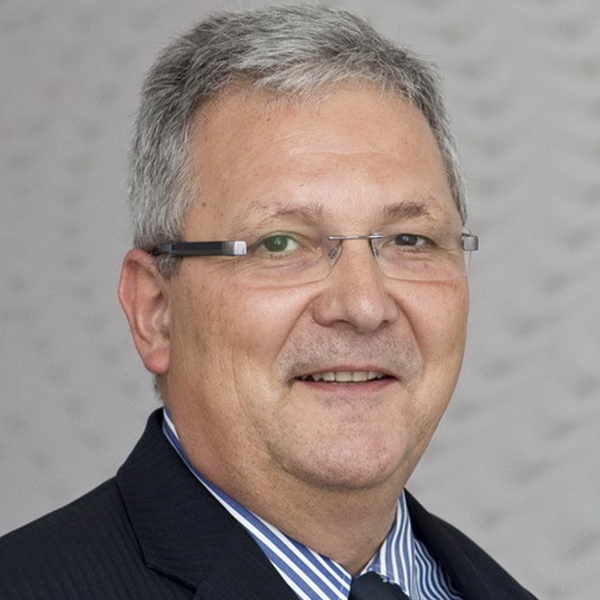
Stephan Schug
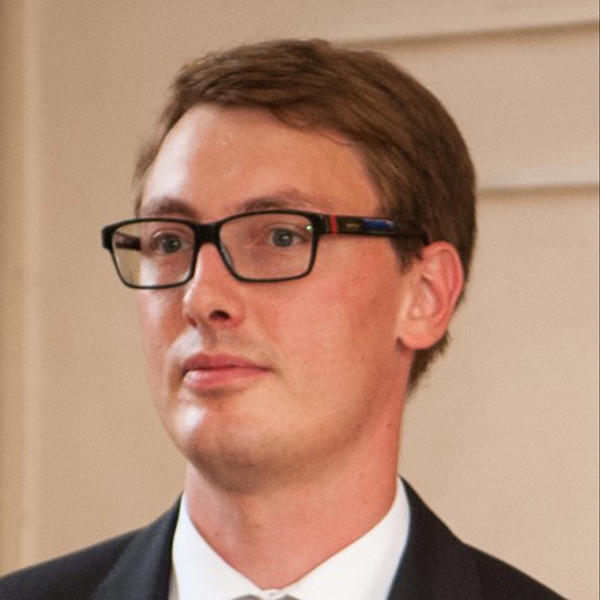
Kai Schnackenberg
Workshop 6 - Turning Alexa into AALexa: how to utilize consumer products for Active Assisted Living
Theme 2
Kristina Förster is a project coordinator at the University of Innsbruck and is involved in the project management of various AAL projects including FairCare, i-evAALution, gAALaxy, Smarter Lives and West-AAL. With a plethora of expertise and insights into the method of TAALXONOMY classification, Förster aims to support participants to build the bridge between the use cases and the AAL-classification and understand the approach of defining use cases for elderly people.
The session will collect ideas on how consumer products can be utilised for AAL-related target groups and with the help and experience of Martin Illecker, SIS Consulting GmbH, Sonja Vigl, Eurac researcher, Judith Kathrein from the University of Innsbruck, Cornelia Schneider, Salzburg Research and Darja Perko, export sales manager at Eurotronik Kranj, the workshop will discuss how certain consumer products can be used for the new old as a dedicated market segment.
QUICK-FIRE Q&A with KRISTINA FÖRSTER
What makes the format of your session different to others?
We will start with a short presentation of AAL use case scenarios on different consumer products such as voice recognition, home tablets and fitness wrist bands, before turning to group work. Group exercises will aim to identify further use scenarios on consumer products.
Who should attend and why?
People with experience in putting AAL products or related products into practice, as well as those who aim to identify both the lifestyle effect of a product, but also the potential for health and well-being.
What will those attending take away?
The identification of new application areas for the workshop attendees and also the workshop organisers.
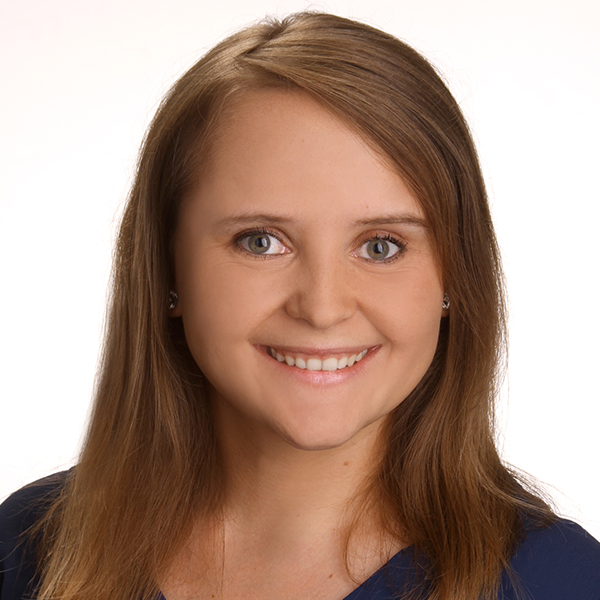
Kristina Förster
Workshop 7 - AAL AUSTRIA supporting the Austrian eco system for dementia care by AAL solutions – Comparison with The Netherlands and discussion of best practice examples along various dimensions
Theme 3
AAL Austria is in the Austrian innovation platform for intelligent assistance in daily living. This workshop will present the Austrian eco-system of AAL solutions for dementia care and compare it with the Netherlands.
As a board member of AAL Austria, strategic coordinator of AAL activities at Joanneum Research and project manager of several AAL projects, Maria Fellner will be leading the workshop with a plethora of knowledge on the Austrian Dementia Strategy and create comparisons with the Netherlands.
With the help from other experts, Liselore Snaphaan, senior researcher at CGzE and Sandra Schüssler from the Institute of Nursing Science at the Medical University of Graz they will exchange their experiences at an international level to compare the Austrian situation for dementia care to other countries. This will be held in the format of a podium discussion of best practices.
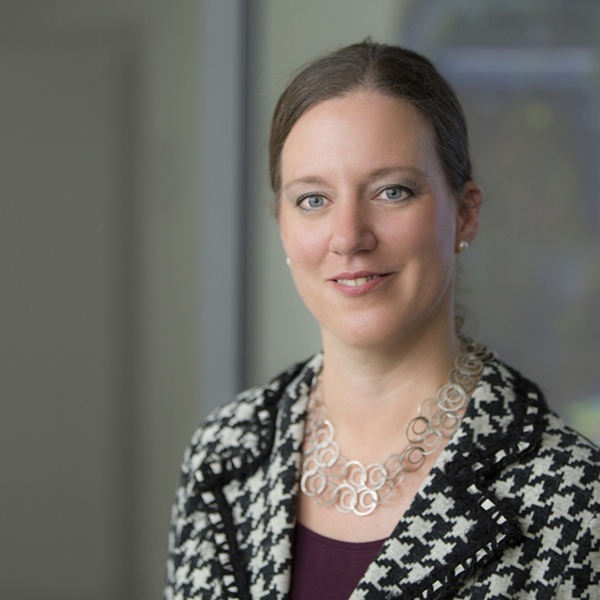
Maria Fellner
Workshop 8 - Risk competence in AAL and technology innovations as viewed by users and policy
Theme 3
Mr. Alain Thielemans, Vice President and Acting Treasurer AAL and Flanders Innovation and Entrepreneurship, VLAIO (Belgium) will be leading this workshop which will be split into two 45-minute halves and provide participants a theatre to debate.
The session proposes that ’Good Government’ cares about the health, well-being, security and resilience of its population. In parallel, ‘Good Government’ concerns the inter-relationships of the economy and the role, involvement, and views of the citizens. Governments that succeed in these areas are likely to be popular. Another view is that much can be gained from better education and understanding of alternative cost effectiveness in practice. This session will identify the potential risks involved with methodologies to overcome inefficiency, including appropriate use of technology to support greater efficiency.
The wide range of speakers will bring positive examples of these topics and recommend wider collaboration and innovation gain. The speakers are: Rait Kuuse, the Deputy Secretary General for Social Policy, Estonia; Ai Lian Lim, Director of Occupational Therapy, Bellevue Hospital, New York, and Professor, NYU School of Medicine, NY, USA; Liz Mestheneos, Past President, Age Platform Europe. Founder Member 50plus Hellas, and EKTG International Ambassador; Birgit Morlion, Health Program and Policy Officer, DG CONNECT, Luxemburg;
Henk – Herman Napp, Vilans Company and Technische Universiteit, Eindhoven, Netherlands and EKTG International Ambassador; Maggie Ellis, Coordinator EKTG and MD, West Square Associates.
The session will offer high-value and clear examples with an opportunity for full interactive debate.
Workshop 9 - The Art of the Business Case
Theme 1
Successful acceptance of new AAL technology in the market requires, case dependant, ‘selling in’ to a multitude of stakeholders, and one efficient and important tool of communication is the business case.
This two-manned session by Flavia Jensen, chief operating officer at Heveas ApS and Soren Jensen, chief executive officer at Heveas ApS, will present to participants various simple but useful tools that they will take away and use to make a business cases based on real data in teams. Together, groups will present practical tools used in real life based on their own experiences on the importance and significance of a good business case. At the end, participants can hope to walk away having demystified the business case concept.
QUICK-FIRE Q&A with FLÁVIA JENSEN
What makes the format of your session different to others?
What makes the format of your session different to others?
After a short introduction, participants will be split up into cross-functional teams. Each team will be assigned with the task to prepare a business case on either a given case provided by the organisers, or their own case. This will be wrapped-up with a plenary session where team highlights and takeaways will be presented.
Who should attend and why?
Everybody interested in analysing and understanding the return on investment when making decisions on AAL solutions.
What will those attending take away?
Participants will be provided with an IKEA-style tool kit – simple but useful – to make business cases in their own organisations.
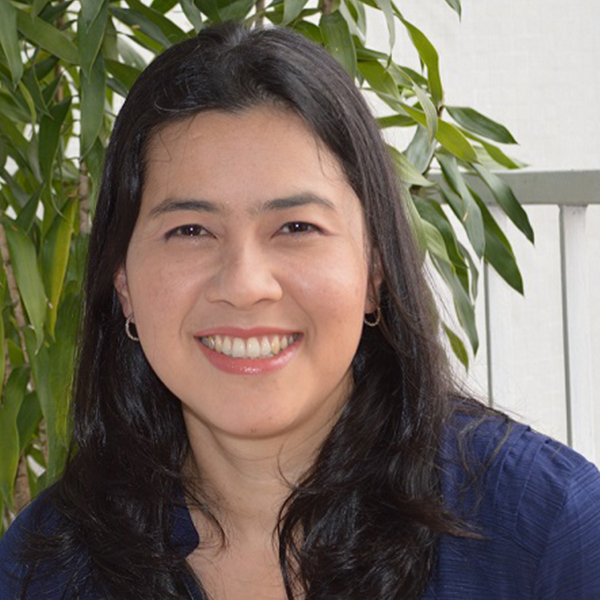
Flavia Jensen
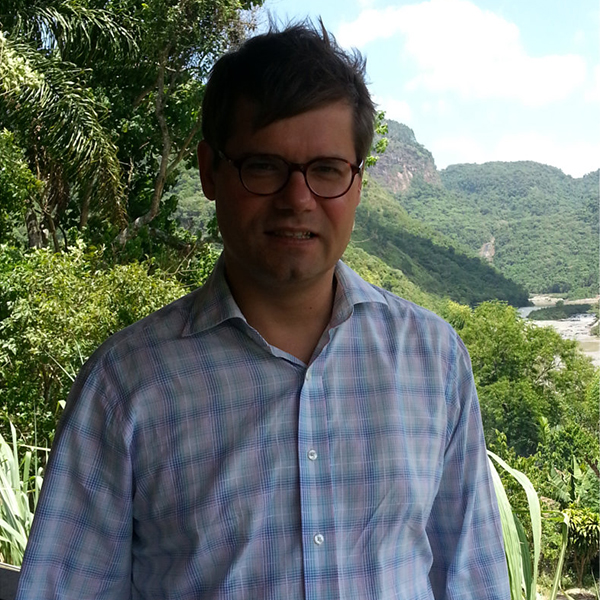
Soren Jensen
